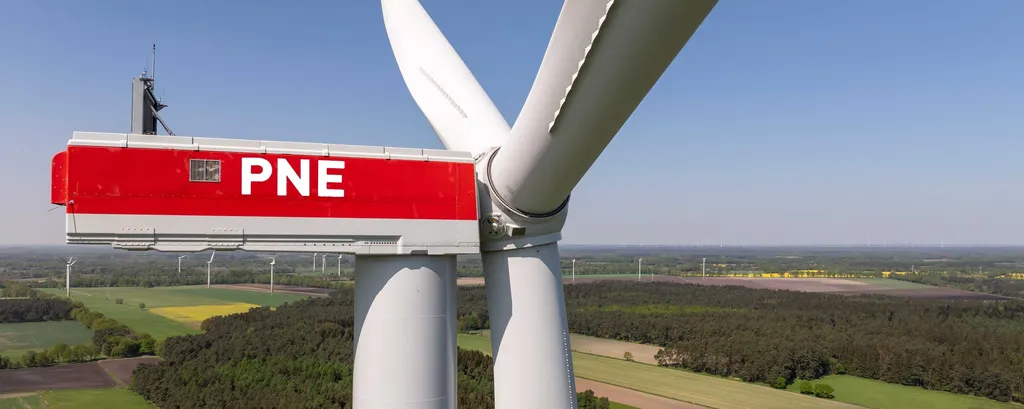Renewables developer PNE Group has secured a permit for an 86.4MW wind farm cooperation project in the town of Loeningen, northwestern Germany. The project, a joint venture between PNE Group and a project development company affiliated with Volksbank, will feature 12 turbines capable of generating enough climate-friendly electricity to power 52,000 households annually.
The ownership structure of the wind farm is notable for its inclusivity. Turbine ownership will be shared among three stakeholders: landowners, PNE Group, and the citizens of Löningen. This community wind farm model allows local citizens to invest financially in the operation of the turbines, fostering a sense of ownership and involvement. PNE chief operating officer Roland Stanze emphasized the importance of this collaborative approach, stating, “Getting the permit for the Überhäsiges Viertel wind farm is a big milestone for the project and shows how closely we work with locals and other regional partners. This project once again demonstrates how important it is for us to engage in dialogue with local people on an equal footing. Only through such partnerships can sustainable projects be implemented successfully and in line with economic and social requirements.”
This development comes on the heels of PNE Group’s April 2025 approval to construct two onshore wind energy projects in Hesse and an earth-based solar photovoltaic facility in Brandenburg, Germany. The Herzhausen wind project, one of the approved ventures, will include six turbines, each with a rated power of 5.5MW, resulting in a collective production capacity of 33MW.
The Loeningen project and others like it highlight a growing trend in the renewable energy sector: the shift towards community-owned and inclusive energy projects. This model not only democratizes energy production but also ensures that the benefits of renewable energy are more widely distributed within local communities. By involving citizens directly in the ownership and operation of renewable energy infrastructure, projects like the Überhäsiges Viertel wind farm can help to build broader public support for the energy transition.
Moreover, the success of such projects could influence policy and regulatory frameworks, encouraging more governments to create incentives for community-owned renewable energy initiatives. This could accelerate the deployment of renewable energy infrastructure and contribute to the achievement of national and international climate goals.
As the energy sector continues to evolve, the Loeningen project serves as a compelling example of how collaboration and inclusivity can drive sustainable development. It remains to be seen whether this model will be replicated on a larger scale, but the potential benefits for both the energy sector and local communities are significant.

